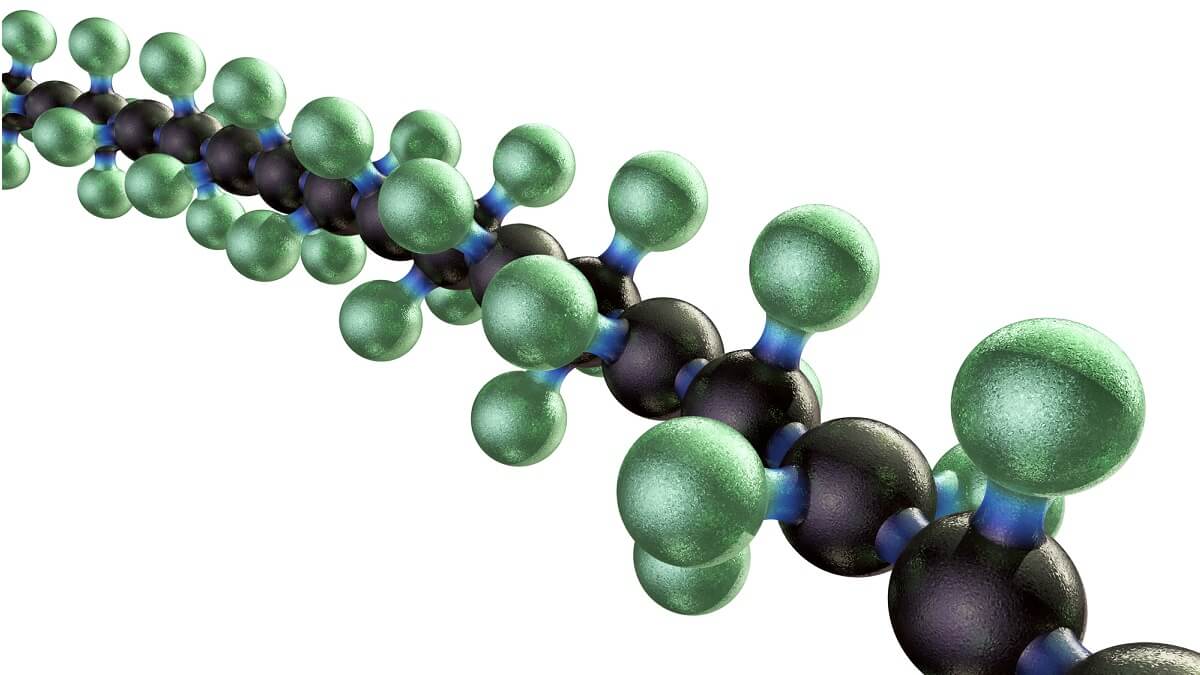Polymers in Medical Care: Improving Medical Tools and Treatments
Polymers in Medical Care: Improving Medical Tools and Treatments
Blog Article
Checking Out the Varied Applications and Benefits of Polymers in Different Industries
Polymers, with their diverse variety of properties and capabilities, have actually come to be crucial in numerous sectors, each gaining unique benefits from their application. From improving safety and performance in the automotive market to reinventing medical tools in the medical care market, polymers play an essential duty.
Automotive Field Applications
Polymers play a pivotal role in boosting the performance and resilience of different elements within the automobile market. One popular usage of polymers in the automotive market is in the manufacturing of light-weight elements.

Health Care Market Advantages
In various healthcare applications, the benefits of making use of polymers are widely acknowledged for their diverse range of beneficial properties. Polymers play a vital function in the healthcare sector due to their adaptability, biocompatibility, and cost-effectiveness. One of the main advantages of polymers in health care is their capacity to be tailored to particular demands, such as flexibility, resilience, and biodegradability, making them perfect for a vast array of medical applications.
Polymer-based materials are thoroughly used in medical tools, such as catheters, implants, prosthetics, and medication delivery systems, because of their biocompatibility and capacity to simulate natural cells. These materials can decrease the danger of allergic reactions or denials, enhancing person safety and security and results. In addition, polymers are lightweight, making them ideal for wearable medical tools and guaranteeing individual comfort.
In addition, polymers enable the development of cutting-edge therapy techniques, such as hydrogels for cells design and nanocomposites for targeted medication delivery. Their ease of processing and sanitation makes them necessary for keeping high standards of hygiene in healthcare settings. In general, the diverse benefits of polymers contribute dramatically to advancements in clinical technology and person care.
Environmental Benefits of Polymers

In addition, polymers can add to power savings due to their light-weight nature. In industries such as transportation, light-weight polymer materials can help in reducing fuel consumption and greenhouse gas emissions. In addition, polymers can enable the development of energy-efficient products such as insulation materials that boost energy conservation in structures.
Additionally, polymers play a vital duty in decreasing water pollution. The usage of polymer-based purification systems can properly eliminate pollutants and impurities from wastewater, safeguarding water sources and environments. Generally, the ecological benefits of polymers make them important assets in promoting additional resources sustainability and green practices across numerous markets.
Polymers in Electronic Devices and Innovation
Taking into consideration the raising demand for innovative and sustainable services in contemporary sectors, the integration of sophisticated polymer technologies in the world of electronics and modern technology has become a pivotal technique for driving efficiency and performance. Polymers have transformed the electronic devices market by allowing the production of lighter, extra adaptable, and durable electronic devices. From mobile phones to clinical gadgets, polymers play a crucial duty in enhancing item design and functionality.
One significant benefit of polymers in electronics is their insulating residential or click commercial properties, which aid shield delicate electronic elements from ecological factors and electric interference. Additionally, polymers are vital in the advancement of adaptable display screens, wearable innovation, and published electronic devices, using unlimited possibilities for creating clever and interconnected gadgets.
In addition, making use of polymers in digital packaging has resulted in advancements in miniaturization and thermal monitoring, boosting the overall performance and integrity of electronic systems. As innovation remains to develop, the flexibility and versatility of polymers will definitely drive better technology in the electronics industry, shaping the future of modern technology.
Role of Polymers in Construction and Facilities
The integration of innovative polymer products in building and construction and facilities jobs has transformed the means structures are created and integrated in modern times. Polymers offer many benefits in the building and construction market as a result of their versatility, resilience, and cost-effectiveness. One vital function of polymers in building is their usage in coatings and sealants, supplying security versus environmental elements such as moisture, UV radiation, and rust. In addition, polymers are utilized in the manufacturing of light-weight and high-strength composite products, improving the architectural stability of structures while minimizing overall weight.
Furthermore, polymers play a critical function in sustainable building methods by enabling the advancement of energy-efficient frameworks. Shielding products made from polymers assist control interior temperature levels, reducing the requirement for home heating and cooling systems and inevitably reducing power intake. The usage of polymer-based compounds in infrastructure tasks such as bridges and roads enhances their durability and decreases upkeep prices. Generally, the unification of polymers in building and construction and framework displays their look these up substantial influence on modern design techniques.
Conclusion
In conclusion, polymers play a critical function in various industries such as auto, health care, environmental, electronics, and construction. From improving fuel efficiency in automobiles to improving clinical gadgets, polymers provide numerous benefits.
Report this page